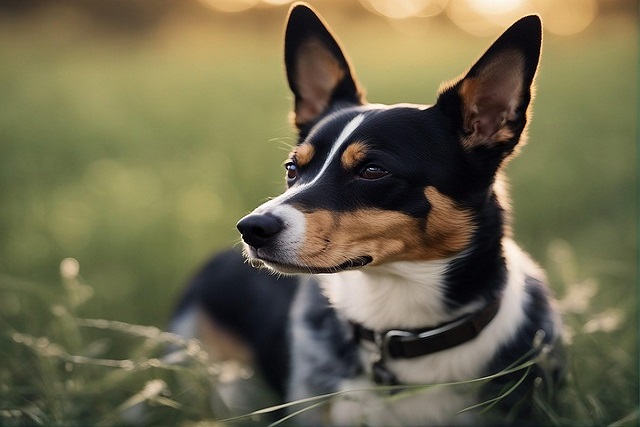
How to stop a dog from pulling on the leash
When we look forward to taking our dogs for a walk and enjoying a leisurely stroll, we are often disrupted by the behavior of our dogs pulling on the leash.
When we see our little dog shivering in the face of unfamiliar things, or panicking and running away at the sudden sound, its originally bright and lively eyes full of fear and unease, as the owner, our heartache and worry well up instantly. The fear period of a puppy is an inevitable stage in its growth. During this period, they are as vulnerable as a frightened bird, and the slightest change in the outside world can be the "straw" that breaks their psychological defense. However, helping a puppy overcome its fear period not only requires professional training methods as guidance but also our full love and patience to protect its tender heart and accompany it to bravely step out of the shadow of fear.
The fear period of a puppy usually occurs at a specific growth stage. Generally, around 8 to 12 weeks after birth, it will experience the first fear period; between 6 to 14 months, it may encounter the second fear period. This is a normal phenomenon in its psychological development, just like the stage of ignorance and confusion that humans experience during growth. During this period, the puppy's nervous system gradually develops and becomes more sensitive to the surrounding environment. But it doesn't have enough experience and coping ability, so it is easy to be afraid of unfamiliar sounds, objects, environments, and other animals or humans. When we see the puppy curled up in the corner out of fear, with helplessness in its eyes, like a lost child in the dark, we wish we could immediately light a lamp for it to guide it out of the predicament of fear.
Understanding the root of a puppy's fear is the key to helping it overcome the fear period. A puppy's fear often stems from the uncertainty of the unknown. For example, the sudden honking of a car or the rumbling of thunder is like a "mysterious monster" to a puppy without experience, making it instinctively afraid. Strange-shaped and brightly colored objects may seem like threatening "monsters" in the puppy's eyes, making it dare not approach. Strangers, especially those who are tall and make exaggerated movements, can also make a puppy feel fearful and worried about being hurt. Moreover, a puppy's fear can also be influenced by its early experiences. If it has been frightened or abused during the puppy stage or lacks sufficient social contact, its fear will be more severe. Every time we see the puppy's evasion and resistance out of fear, we are eager to understand its inner thoughts deeply and find the source of fear to give it the most appropriate help.
When training a puppy to overcome the fear period, the first thing is to create a safe and comfortable environment. Home is a haven for a puppy, and we need to ensure that there are no items or risk factors that can make the puppy afraid. Put away sharp objects and poisonous plants to prevent the puppy from coming into contact with them. Prepare a warm and soft nest for the puppy, giving it a place to rest at ease. When the puppy is afraid, this safe corner can bring it a sense of security, just like a child hiding in the warm embrace of its mother when it is scared. At the same time, keep the home environment relatively stable and avoid frequently changing the furniture layout and daily necessities, because a familiar environment can make the puppy feel at ease and reduce the occurrence of fear. We can imagine how comforting it is to see the puppy gradually relax in the familiar environment and start exploring the world around it.
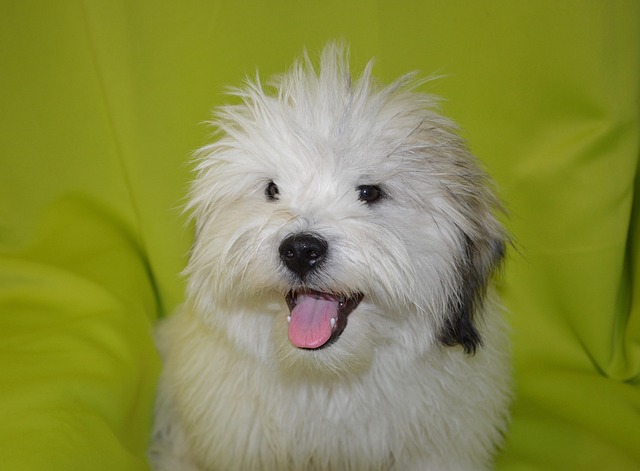
Gradual desensitization training is an effective way to help a puppy overcome its fear. Taking a puppy's fear of strange sounds as an example, we can start by playing gentle and soothing music, turning the volume to the minimum, and allowing the puppy to gradually get used to it in a relaxed state. Over time, slowly increase the volume of the music and observe the puppy's reaction. If it shows unease, pause or lower the volume and give it comfort and rewards, such as gentle strokes and delicious snacks, so that it associates these sounds with positive experiences. Then, gradually introduce other types of sounds, such as the slight sound of knocking on the door or the chirping of birds in nature, and follow the principle of starting small and gradually increasing. For a puppy that is afraid of unfamiliar objects, a similar method can be used. For example, place the object that the puppy is afraid of at a distance, allowing it to see it without feeling too scared, and then use snacks to guide it to approach slowly. Give rewards and praise for each step closer, gradually eliminating its fear of the object. In this process, we need a great deal of patience, because every progress of the puppy may not come easily. But when we see it gradually approaching or even taking the initiative to contact the things it once feared, we will be extremely proud of its courage and growth.
Social training is also crucial for a puppy to overcome the fear period. Letting the puppy come into contact with different people and animals in its early stage can help it build trust in the outside world. Choose gentle and friendly people and pets and arrange for them to interact with the puppy. At the beginning, let the puppy observe from a safe distance. When it shows curiosity instead of fear, gradually guide it to approach. During the social process, pay close attention to the puppy's emotional changes. If it feels nervous or scared, take it away from the scene in time and give it comfort to avoid leaving a bad impression. At the same time, encourage the puppy to play with other little friends. In the play, it can learn how to get along with its peers, enhance its self-confidence, and reduce its fear of unfamiliar things. When we see the puppy happily chasing and playing with other little friends, with a happy smile on its face, we know that the social training is working, and it is gradually stepping out of the shadow of fear and embracing the colorful world.
Positive reinforcement plays an indispensable role in training a puppy to overcome the fear period. When the puppy shows brave behavior, such as taking the initiative to approach the things it once feared or staying calm in an unfamiliar environment, we should give rewards in a timely manner. The rewards can be delicious snacks, its favorite toys, or warm hugs and praise. In this way, let the puppy understand that brave behavior will bring positive results, thus enhancing its motivation to overcome fear. Every time we give a reward, we hope to convey to the puppy the message: "You did a great job, and I'm proud of you!" Let it grow continuously with our encouragement and become braver and more confident.
Helping a puppy overcome the fear period is a journey full of love and patience. From understanding the root of its fear to applying scientific training methods, every link embodies our deep love for the puppy. One day, when we see the once timid puppy confidently facing all kinds of unfamiliar things and bravely exploring the world, all our efforts will turn into full happiness and relief. Because in our hearts, the growth and happiness of the puppy are the most precious gifts, worthy of our accompanying it through every growth stage with professional knowledge and endless love and protecting its heart to be full of sunshine.

When we look forward to taking our dogs for a walk and enjoying a leisurely stroll, we are often disrupted by the behavior of our dogs pulling on the leash.
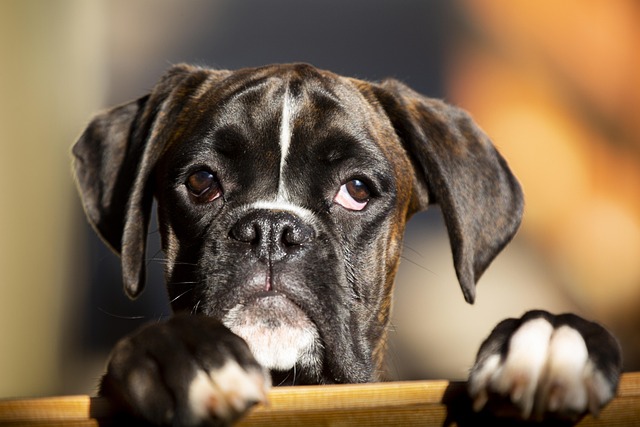
When that fluffy little life stumbles into your life, its innocent eyes and the soft touch can instantly melt your heart. However, the problem of the puppy defecating everywhere follows,
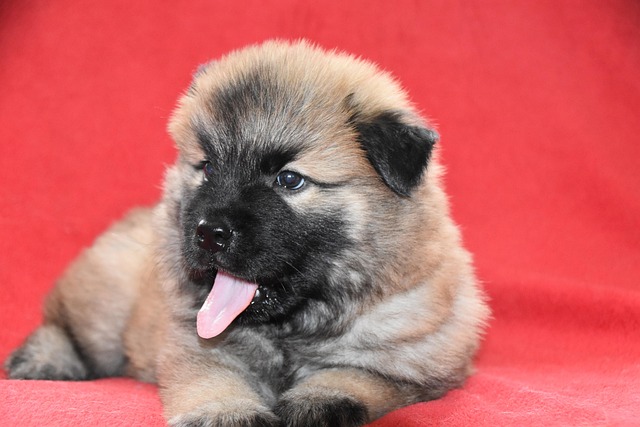
The daily habits of puppies, whether good or bad, are like marks engraved in life, deeply influencing their quality of life and the way they get along with their owners.
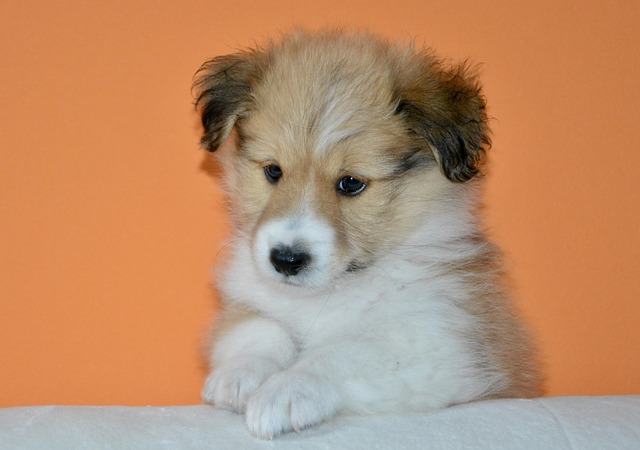
When we reach out our hands to embrace our cute dog at home, hoping to feel its soft fur and warm body temperature, we often overlook an important fact:

When a furry little life comes home, it should be full of joy, but puppies urinating and defecating at will at home has caused headaches for many owners.
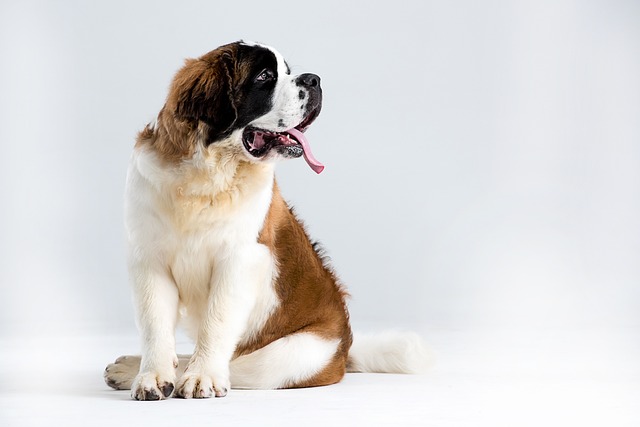
Training a dog to develop the habit of going outside to defecate can not only make the home environment cleaner, but also cultivate its good living habits.